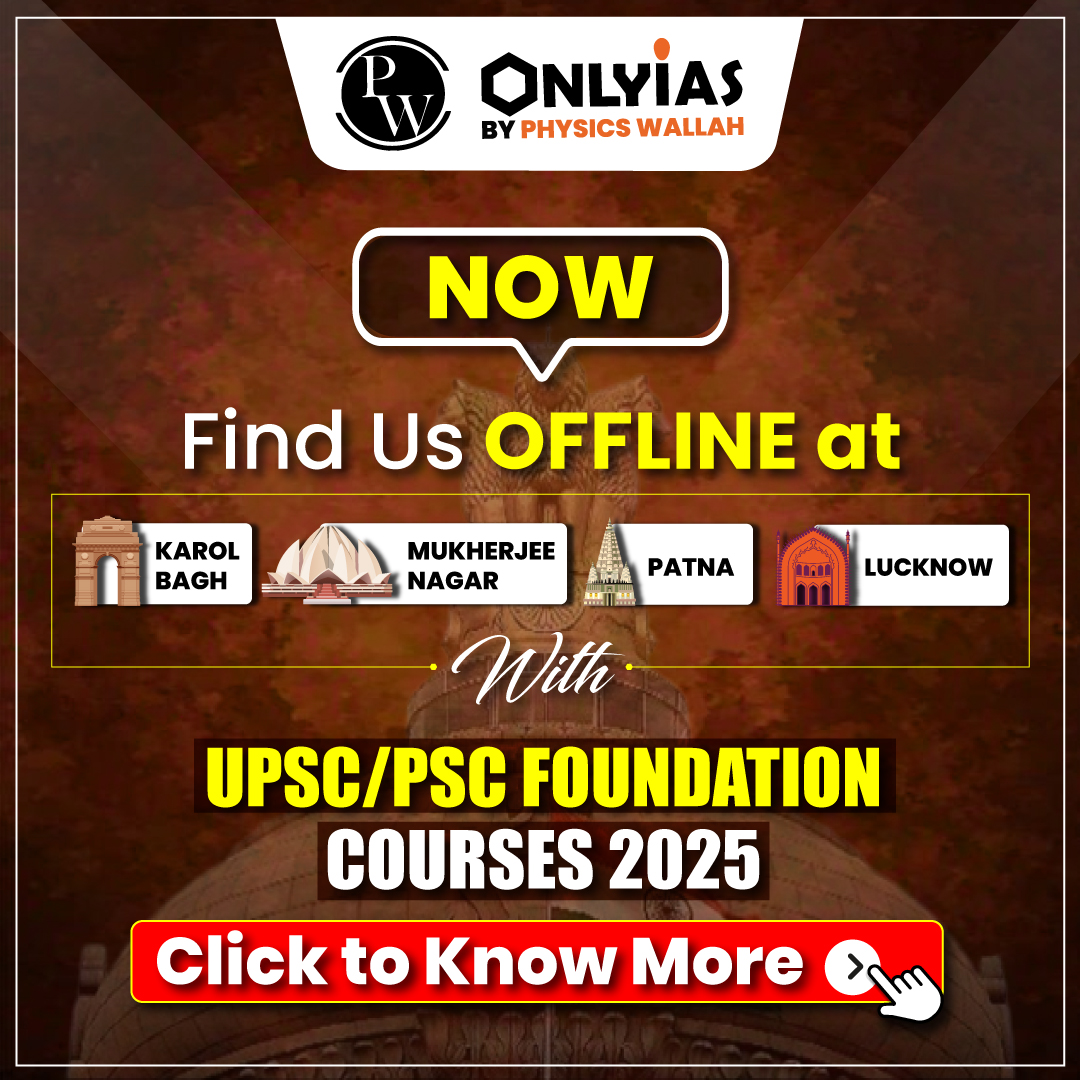Introduction
Gilbert Elliot Murray Kynynmound, the fourth Earl of Minto, served as India’s 17th viceroy. He was Canada’s eighth Governor-General before being appointed viceroy. During his presidency, the Muslim League was founded, the INC was split between Surat, and Muslims were given separate electorates, some of the most significant pieces of legislation in British India’s history. As a result, Lord Minto carried out Lord Curzon’s aspirations.

Significant Events During His Tenure
Formation Of Muslim League (1906)
The creation of the Muslim League was an effort by the British to recognise Muslims as a distinct political entity during the partition of Bengal by the British in the pretext of designating a separate administrative region for Muslims.
- In 1906, Lord Minto proposed the creation of the Muslim League and called all Muslim leaders to Shimla.
- The Muslim League was founded in part because of Nawab Salimullah, who also played a key role in the division of Bengal.
Surat Split (1907)
Lord Minto-II served as viceroy during the Surat Split of Congress, while Dr Rash Bihari Ghosh presided over the session of the Indian National Congress. At the Banaras session of the Indian National Congress, presided over by Gokhale, the Moderate-Extremist rift first surfaced in December 1905.
- The extremists wanted to include all kinds of groups and extend the Boycott and Swadeshi Movements beyond Bengal.
- On the other hand, the Moderates were adamantly against boycotting councils and other similar bodies and opposed the movement spreading outside of Bengal.
Morley-Minto Reforms (1909)
Another name for the Indian Council Act of 1909 is the Morley-Minto Reform. It introduces distinct electorates based on religion and was put in place to please the moderates (Congress).
- This statute expanded the number of members in the national and provincial legislative councils. However, less than half of the overall membership of these councils were elected members.
- Additionally, it should be highlighted that the elected officials were chosen by landlords, business and industrial associations, institutions, and municipal governments, not the general population.
- Communal electorates were introduced by the British as part of these changes. To promote enmity between Muslims and Hindus, this was done.
1908: Alipore Bomb Case
Khudiram Bose and Prafulla Chaki detonated a bomb in April 1908 with the intention of assassinating D.H. Kingsford, the Chief Presidency Magistrate of Muzaffarpur.
- Two British women died in the attack, but the magistrate survived. After being surrounded by the police, Prafulla Chaki killed himself. The police detained Khudi Ram Bose.
- After a two-year trial, he was executed by hanging. Narendranath Bhattacharya afterwards shot and killed the Indian cop Nandalal Bannerjee who had detained Khudi Ram Bose.
Nasik Conspiracy Case, 1909
VD Savarkar founded the Abhinav Bharat Society in 1904. Anant Lakshaman Karkare, a member of this group, killed AMT Jackson, the district magistrate of Nasik, in 1909.
- Jackson was well-liked and an expert in Indian culture. 27 members of the Abhinav Bharat Society were found guilty and punished.
- VD Savarkar’s brother Ganesh was sent to Andaman for Kala Pani.
|
#PW-OnlyIAS Edge |
|
Conclusion
As Viceroy of India for five years, Lord Minto witnessed and took part in a number of occasions that would alter the course of the continent for all time. Even though it was first just a token gesture, allowing for distinct electorates altered the balance of power in the fight for Indian independence. The stage was already prepared for a series of events that would ultimately lead to one of the most disastrous divides of the century—the Partition of India—even though subsequent events would still determine the subcontinent’s future.








